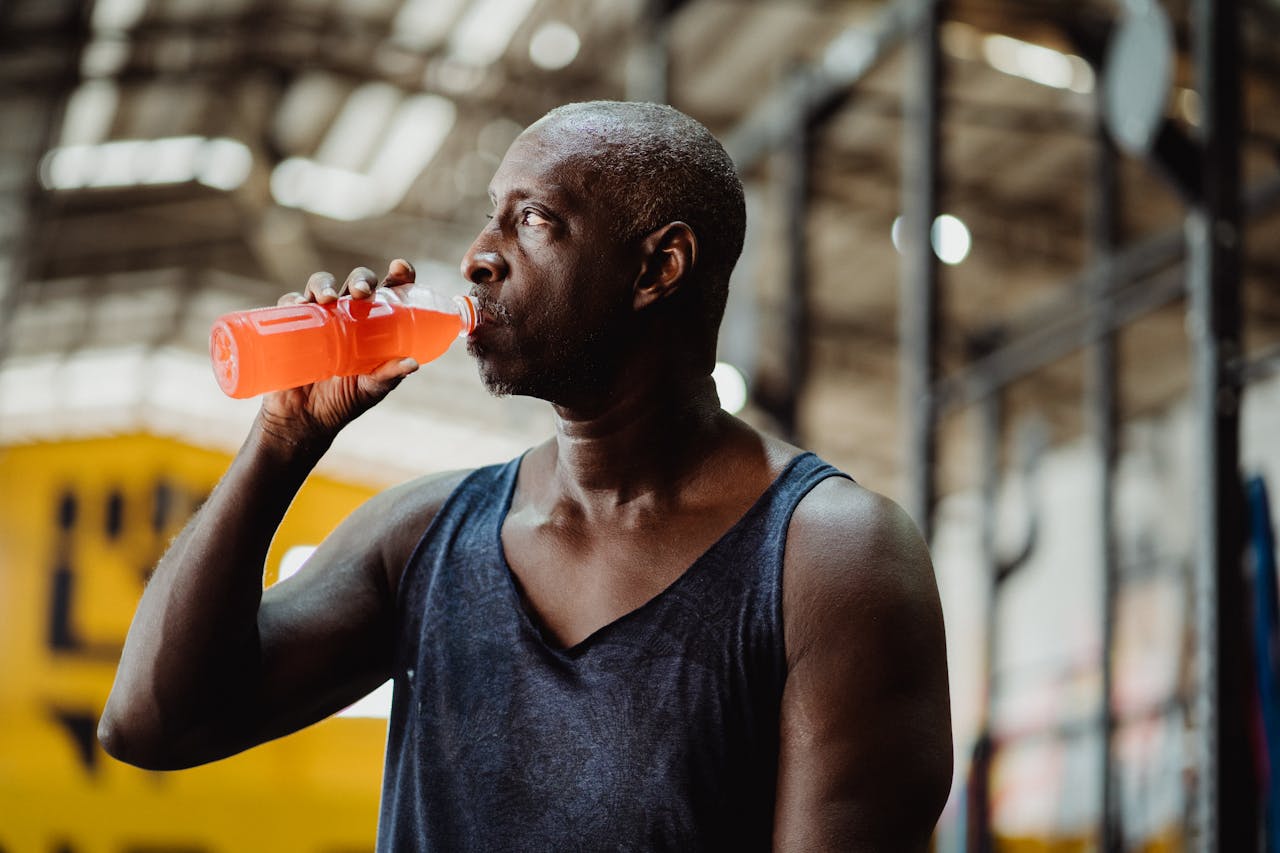Why Recovery Matters
Many people believe progress comes only from hard workouts — but in reality, recovery is where true growth happens. When you rest after exercise, your body repairs muscle fibers, replenishes energy stores, and strengthens tissues. Without recovery, you risk fatigue, injury, and burnout.
Signs You’re Overtraining
Constant tiredness, mood swings, muscle soreness lasting days, and poor sleep are signs of overtraining. Pushing too hard without breaks can harm both physical and mental performance.
Smart Recovery Strategies
Get 7–9 hours of quality sleep every night — it’s the best recovery tool nature provides. Stay hydrated to help muscle repair and reduce inflammation. Stretching, foam rolling, and massages improve blood circulation and reduce stiffness.
Nutrition and Supplements
Include protein-rich foods like eggs, chicken, lentils, and nuts after workouts to support healing. Omega-3 fatty acids, magnesium, and collagen supplements can enhance muscle repair and joint health.
The Takeaway
Recovery isn’t laziness — it’s part of the process. Listen to your body, take rest days seriously, and you’ll see better performance and faster progress in the gym.






